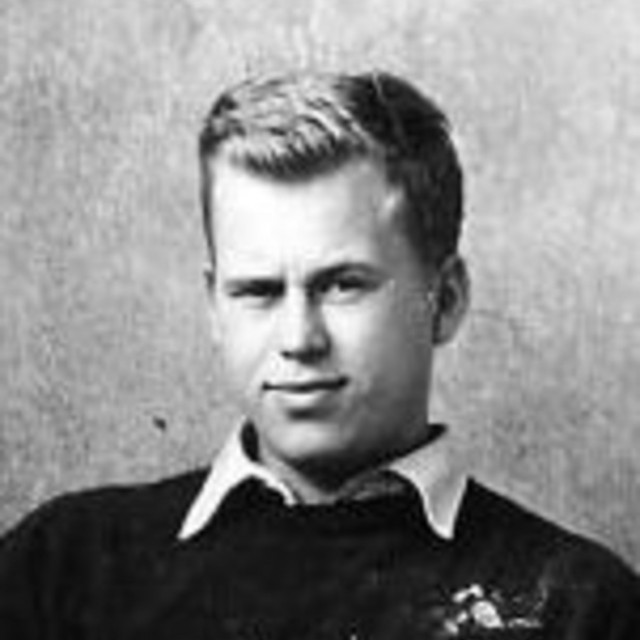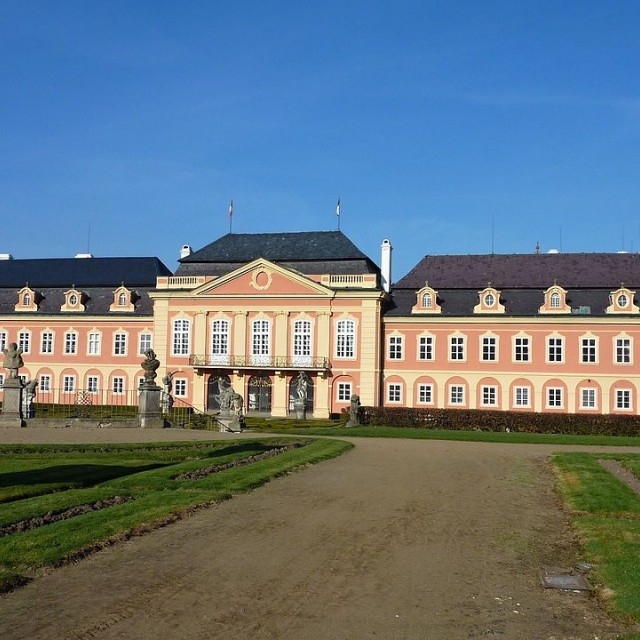
Václav Havel
Václav Havel was born on October 5, 1936, in Prague, to Václav Havel and Božena Havlová. The family owned the Lucerna Palace and the Barrandov terraces, and his uncle Miloš founded the Barrandov film studios. Since his childhood, Václav Havel manifested an interest in art as well as in public life. He was also a member of the Scout, (nickname “Chrobák”). After 1948, the Havel family property was confiscated. The communists didn’t allow Havel to study at a grammar school for his “bourgeois” origin and he therefore completed an apprenticeship as an assistant in a chemical laboratory. In the meantime, he completed secondary school by taking evening classes. He graduated from secondary school in 1954 and then vainly tried to enroll in humanities at university. In the years 1955-1957, he was a student of the Faculty of Economics of the Czech Technical University. Havel's artistic beginnings are tied to the literary group called “Thirty-Sixers” which was independent of the official cultural life. After he completed compulsory military service, he began working as a stage technician and later became a playwright and a root author for the Divadlo Na zábradlí theatre. He became one of the most famous Czechoslovakian playwrights both within the country and abroad. In 1964, he married his long-time love Olga Šplíchalová. Havel's criticism at the 4th Congress of the Union of Czechoslovak Writers in 1967 heralded his engagement during the Prague spring. After 1968, his plays were banned and Václav Havel retreated to the sidelines of society. For a brief time, he worked in the Trutnov brewery and this period became the subject of one of his famous plays, “Audience.” Václav Havel was one of the authors of the Charter 77 which became the turning point for what had previously been isolated and fragmented anti-regime activities. Havel became one of the first three spokesmen of the Charter. By then Havel was already being spied on by the StB. For his engagement in the Charter 77, he spent a long term in prison. In 1977, he spent five months in custody and was sentenced to 14 months for harming the interests of the Republic abroad. His longest imprisonment was for his activities as the head of the Committee for the defense of the Unjustly Persecuted (VONS). He was in prison from 1979 until 1982. In December 1988, he was able to legally appear at the first authorized opposition rally in the normalization period at the Škroupovo náměstí Square in Prague. However, within less than a month he was arrested in connection with the demonstrations during the Palach week. However, the growing pressure of the international and the domestic public contributed to his early release. In June 1989, he initiated a petition called “A few sentences.” Following the brutal suppression of the officially authorized student demonstration on November 17, 1989, he co-founded the Civic Forum and became the informal leader of the Velvet Revolution. On December 29, 1989, Václav Havel was elected president of the Czechoslovakian Socialist Republic in the Vladislav Hall of the Prague Castle. After the dissolution of Czechoslovakia, he was subsequently elected President of the Czech Republic twice. His term in the president’s office ended after 13 years in 2003. Václav Havel died on December 18, 2011.



